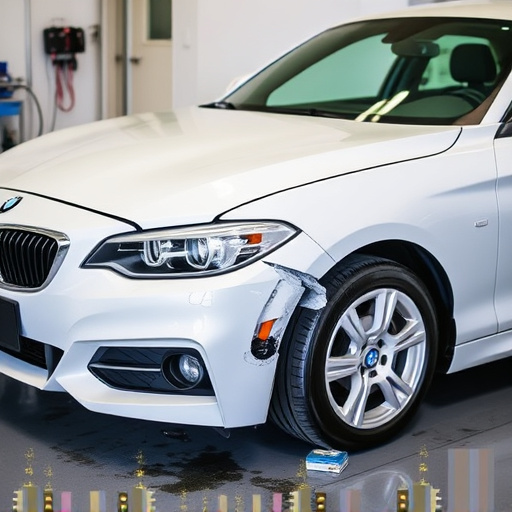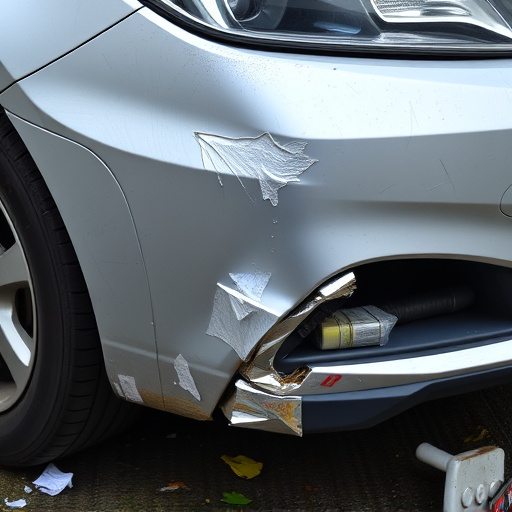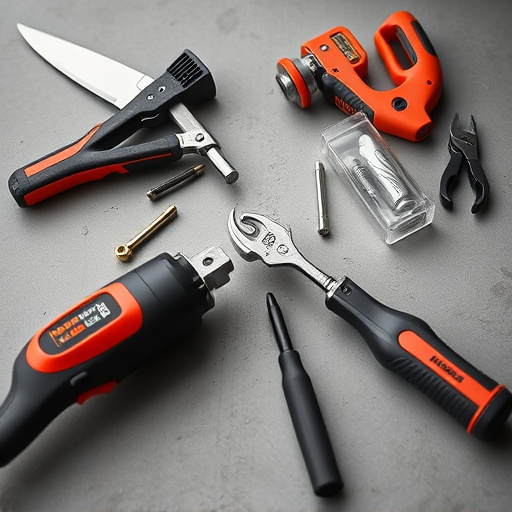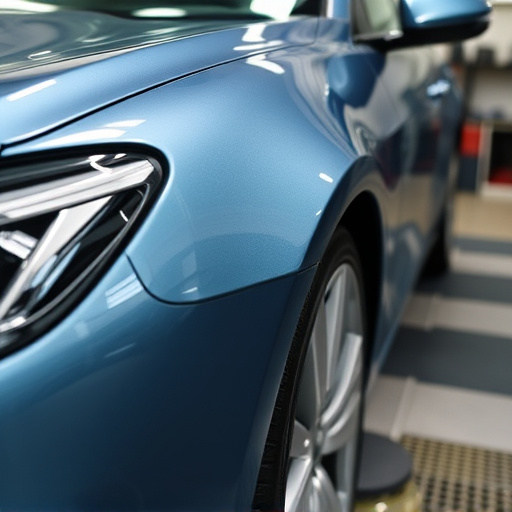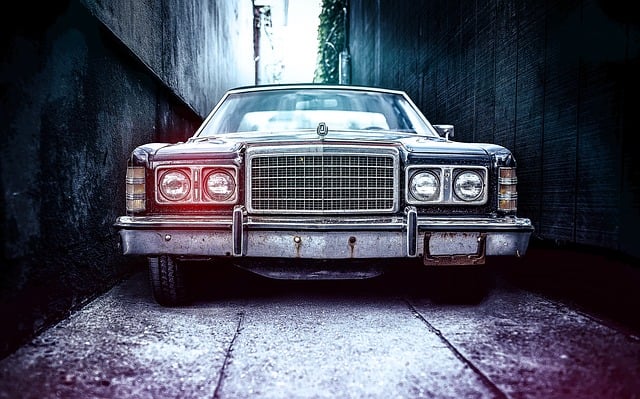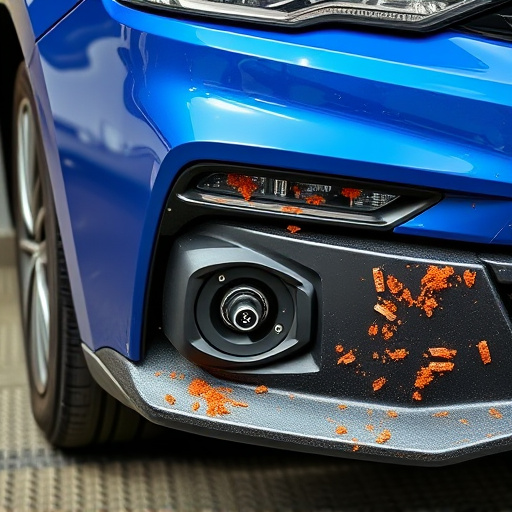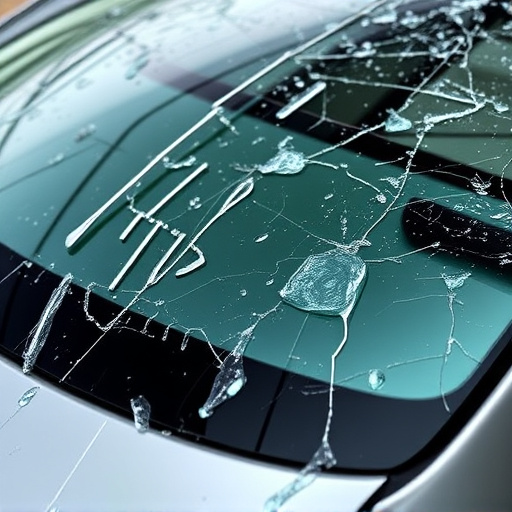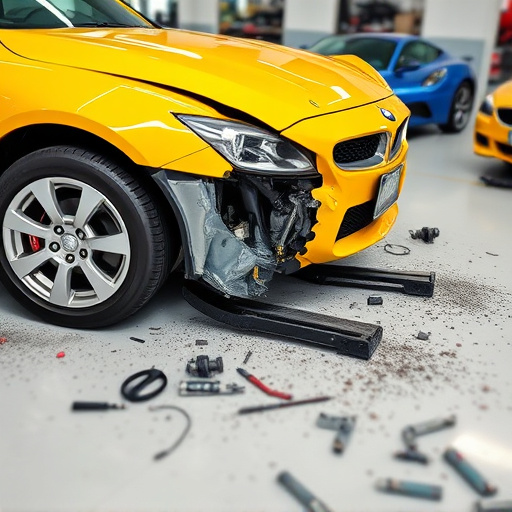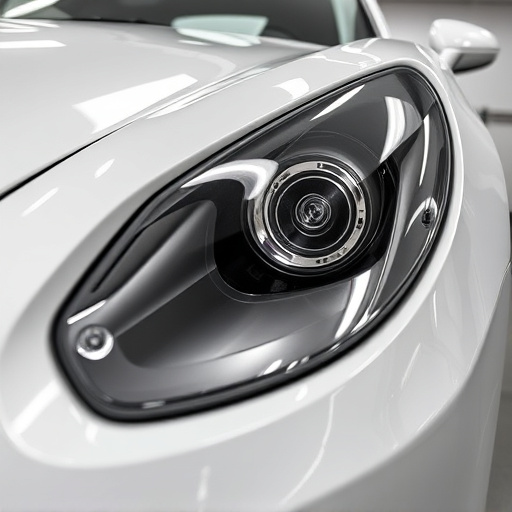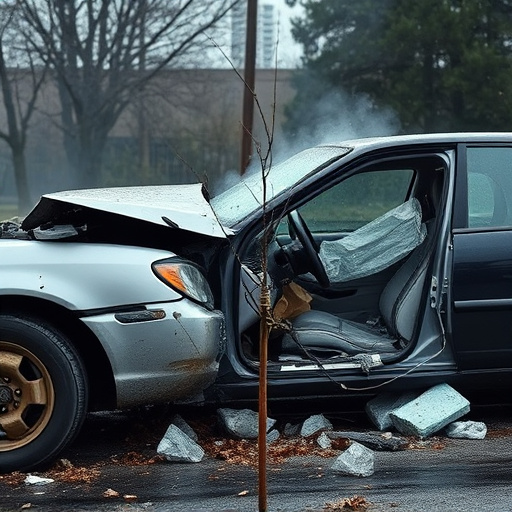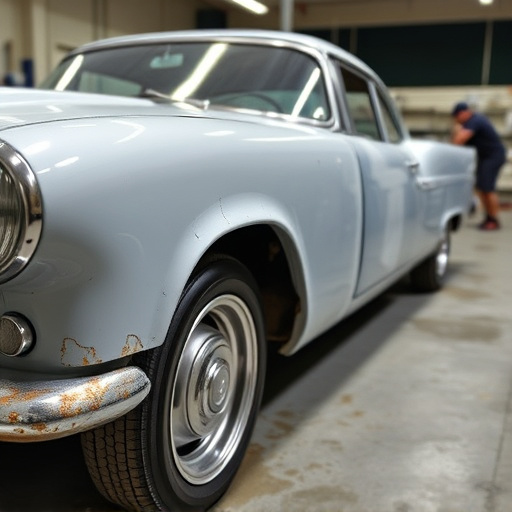Rocker panels need regular attention due to common damage from road debris, collisions, and environmental factors. Prompt inspection is vital for aesthetic and safety reasons, with repair or replacement depending on damage extent. Consulting professionals for rocker panel replacement ensures informed decisions based on vehicle make, model, and year. Timely repairs enhance driving experience while preventing significant wear and compromising structural integrity.
Need to replace your vehicle’s rocker panels? Understanding typical lifespan, common causes of damage, and available repair options is crucial. This guide breaks down everything you need to know about rocker panel replacement, including timing, assessment tips, and scheduling best practices. Discover how to identify signs of wear, explore different repair approaches, and plan the process efficiently to ensure safe, reliable vehicle maintenance.
- Rocker Panel Damage: Common Causes and Timing
- Assessing Repair Options for Replacement
- Scheduling Rocker Panel Repairs: Tips and Best Practices
Rocker Panel Damage: Common Causes and Timing
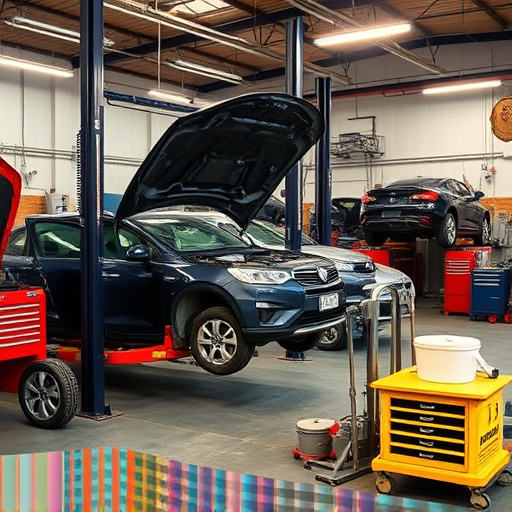
Rocker panels, those sleek, curved pieces that flank a vehicle’s sides, often face considerable wear and tear due to their exposure to road debris, curbs, and other potential hazards. Damage to rocker panels can range from small dents and scratches to more severe cracks and holes, significantly impacting both the car’s aesthetics and structural integrity.
Common causes of rocker panel damage include collisions, particularly when a vehicle undergoes a side impact or hits a curb at speed. Over time, constant exposure to road salt and other environmental elements can also weaken the panels, leading to rust and corrosion. Moreover, vehicles parked in areas prone to potholes or uneven surfaces are more susceptible to developing cracks in their rocker panels as a result of repeated stress. Regular inspections and prompt repairs, including rocker panel replacement if necessary, are crucial in maintaining both the car’s appearance and safety.
Assessing Repair Options for Replacement
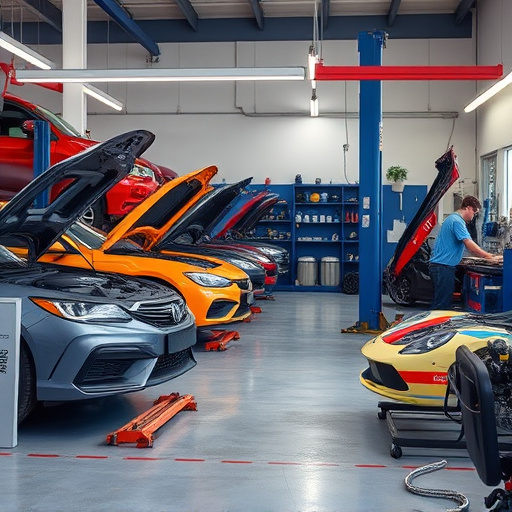
When considering rocker panel replacement, assessing your repair options is a crucial step. The decision extends beyond simply finding an auto repair shop with the necessary expertise; it involves evaluating the extent of damage and the most suitable restoration method. For minor scratches or dents, a scratch repair service might be adequate, offering a cost-effective solution without replacing the entire panel. However, for more significant damage, such as severe dents or buckling, a full rocker panel replacement at a reputable car body shop is often necessary to ensure structural integrity and a seamless finish.
This assessment should also take into account your vehicle’s make, model, and year, as some cars may have unique challenges or design considerations. Consulting with professionals from trusted auto repair shops can provide valuable insights, helping you make an informed decision that prioritizes both aesthetics and safety, ensuring your vehicle looks like new again.
Scheduling Rocker Panel Repairs: Tips and Best Practices
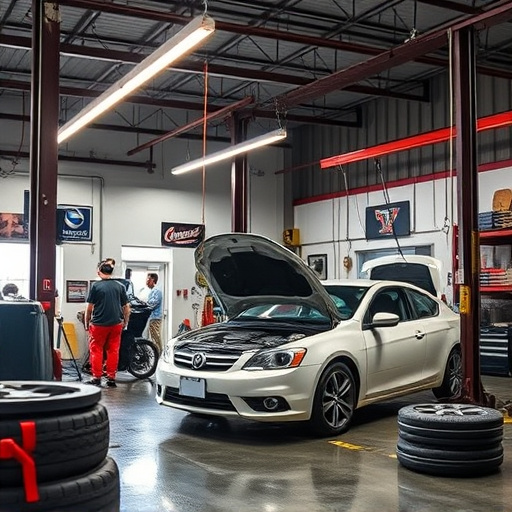
When it comes to scheduling rocker panel repairs, timing is crucial for both safety and aesthetics. Factors like age, mileage, and previous damage determine the urgency of a rocker panel replacement. Regular vehicle maintenance can often prevent significant wear and tear, so establishing a routine for checking and addressing any issues is essential.
For those relying on professional vehicle repair services, such as Mercedes-Benz collision repair specialists, proactive communication is key. Schedule inspections to catch potential problems early, ensuring that any necessary rocker panel replacement can be performed efficiently without compromising the integrity of your vehicle’s overall structure or appearance. Remember, timely repairs not only preserve the value of your vehicle but also contribute to a smoother driving experience.
Regularly inspecting your vehicle’s rocker panels is essential for maintaining its structural integrity. Given their exposure to road conditions, elements, and potential accidents, it’s not uncommon for rocker panels to require replacement every 5-10 years or due to specific damage events. By understanding common causes of damage and following best practices for scheduling repairs, you can ensure a smooth rocker panel replacement process that keeps your vehicle safe, reliable, and roadworthy.
